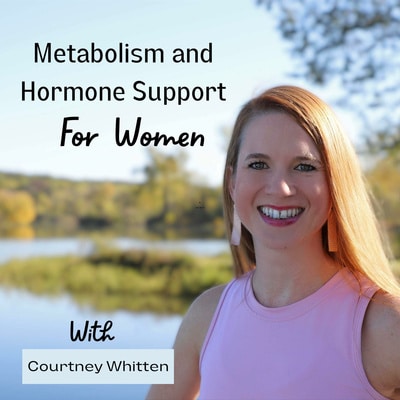Summary of The Four Stages of Metabolic Adaptation by Metabolism and Hormone Support for Women:
The approach of doing more when it comes to diet and exercise can backfire and cause burnout, exhaustion, and frustrating stalls in progress. It is not sustainable long-term and can negatively impact important areas of life. Over-exercising can lead to undereating or overeating, causing a decline in exercise performance, recovery, and hormonal imbalances. Eating a low calorie diet for a long period of time can cause metabolic adaptation, slowing the metabolism and leading to weight gain. Overdoing it at the gym can also increase the risk of injury. Coaching programs may be a good fit for women over 35 with hormone imbalances or perimenopausal symptoms who want to see changes in their body composition.
*****
The More is Better Approach: Why it Doesn’t Work
We’ve all been guilty of it at some point. We start a new diet or exercise program, we see some initial progress and we think, “If I just do more, I’ll see even better results!” But the truth is, more is not always better when it comes to improving our body composition, health, and fitness. In fact, taking this approach can often lead to burnout and frustration. Here are four reasons why the more is better approach doesn’t work:
1. Doing more isn’t sustainable long-term.
While it’s great to have goals and to work hard to achieve them, taking on too much can lead to burnout. This is especially true if we neglect other important areas of our lives such as family, work, and relationships. We might feel a temporary sense of accomplishment when we are working out for hours every day and eating an extremely restrictive diet, but this lifestyle is not something that most of us can sustain long-term.
2. Your caloric intake and output can work against you.
When we try to compensate for exercise by cutting calories too drastically, we can end up losing lean muscle mass, which is not what we want when trying to improve our body composition. Conversely, if we consume too many calories to try and fuel our intense workouts, we can end up halting our progress altogether. It’s important to find a sustainable balance between diet and exercise that promotes health and progress.
3. Metabolic adaptation can slow your progress.
Our bodies are incredibly adaptive, and eating a very low-calorie diet for an extended period of time can cause our metabolism to slow down. This means that we end up burning fewer calories and potentially gaining weight or body fat. Plus, when we go too extreme with diet and exercise, it can lead to hormonal imbalances, which can further impede our progress.
4. Increased risk of injury.
Overtraining can lead to chronic muscle soreness, fatigue, and joint pains and aches. This can be a problem because when we are in this cycle, we can sometimes tune out our body’s signals, exacerbating injuries even more. It’s important to incorporate adequate rest and recovery into our workout routines to avoid injury.
Bottom line: more is not always better when it comes to diet and exercise. It’s important to find a balance that works for our bodies, goals, and lifestyles. If you’re struggling to find what works best for you, consider seeking the help of a coach or trainer who can provide personalized guidance and support.
If you are a woman over the age of 35, dealing with hormone imbalances, or wanting to see changes in body composition, our coaching programs may be a good fit for you. Contact us to set up a free discovery session and let’s work together to achieve your health and fitness goals.


Comments are closed